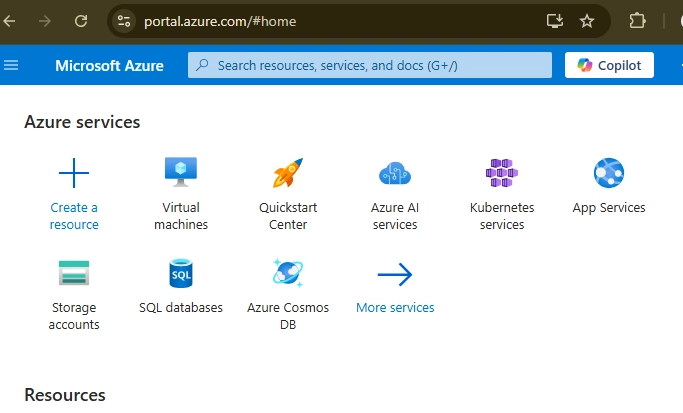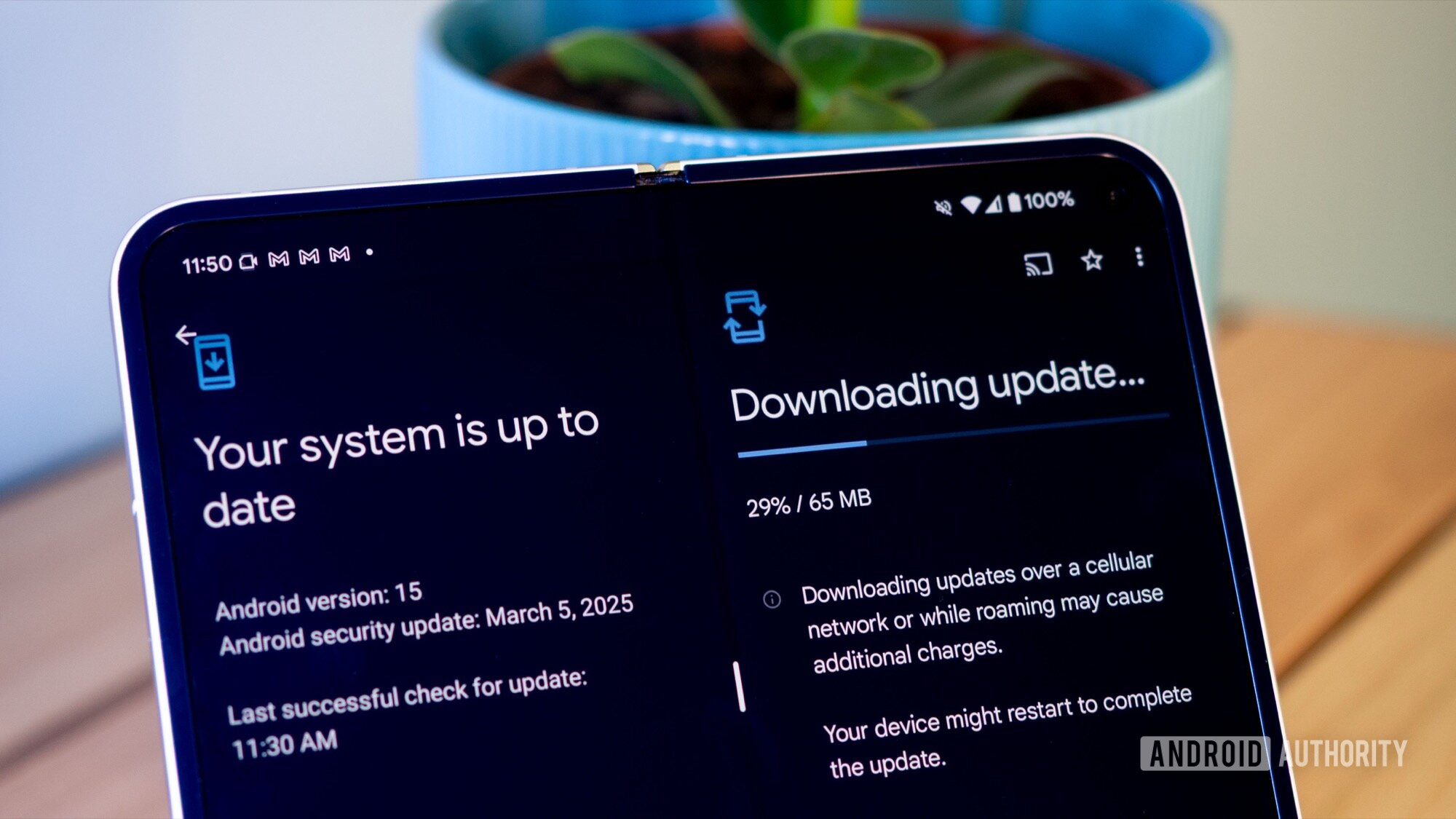How to Prepare for a Remote Job as a Developer
Remote jobs are more popular than ever, and for developers, this means exciting opportunities to work from anywhere in the world. However, landing and excelling in a remote role requires more than just technical skills. You need to be prepared to work independently, communicate effectively, and manage your time efficiently. In this post, I'll guide you through the key steps to prepare for a remote job and share a useful resource to find remote developer jobs: Farcoder Jobs. 1. Build a Strong Online Presence Remote employers often look at more than just your resume. A well-maintained GitHub profile, an updated LinkedIn page, and contributions to open-source projects can make a huge difference. Keep your GitHub profile active by working on projects and contributing to open source. Write tech articles on platforms like DEV.to to showcase your expertise. Optimize your LinkedIn profile with a detailed work history and recommendations. 2. Improve Your Remote Communication Skills Since remote work relies heavily on written and verbal communication, improving these skills is crucial. Practice writing clear, concise emails and messages. Get comfortable with video calls and async communication tools like Slack, Notion, or Trello. Learn to document your work effectively for better collaboration. 3. Set Up a Productive Work Environment A good remote setup can boost your productivity and focus. Invest in a comfortable chair and a good desk setup. Use noise-canceling headphones for better focus during meetings. Ensure a stable internet connection to avoid disruptions. 4. Master Time Management and Self-Discipline Without a manager looking over your shoulder, staying productive is your responsibility. Use tools like Todoist, Notion, or Trello to manage tasks. Follow techniques like the Pomodoro Technique to stay focused. Set clear work hours to maintain a healthy work-life balance. 5. Prepare for Remote Job Interviews Remote interviews often involve coding challenges, system design discussions, and behavioral questions. Practice coding problems on platforms like LeetCode or CodeSignal. Be ready to explain your thought process clearly in technical interviews. Demonstrate your ability to work independently and collaborate remotely. 6. Find the Right Remote Job Now that you're prepared, it's time to find a remote job that suits you. Farcoder Jobs is a great platform that lists remote job opportunities specifically for developers. Check it out to find roles that match your skills and interests! Final Thoughts Landing a remote job takes effort, but with the right preparation, you can increase your chances of success. Build your online presence, improve your communication, set up your workspace, and start applying to jobs that align with your skills. Remote work offers freedom and flexibility, so make sure you're ready to take full advantage of it. Are you currently looking for a remote job? What are your biggest challenges? Let’s discuss in the comments!

Remote jobs are more popular than ever, and for developers, this means exciting opportunities to work from anywhere in the world. However, landing and excelling in a remote role requires more than just technical skills. You need to be prepared to work independently, communicate effectively, and manage your time efficiently.
In this post, I'll guide you through the key steps to prepare for a remote job and share a useful resource to find remote developer jobs: Farcoder Jobs.
1. Build a Strong Online Presence
Remote employers often look at more than just your resume. A well-maintained GitHub profile, an updated LinkedIn page, and contributions to open-source projects can make a huge difference.
- Keep your GitHub profile active by working on projects and contributing to open source.
- Write tech articles on platforms like DEV.to to showcase your expertise.
- Optimize your LinkedIn profile with a detailed work history and recommendations.
2. Improve Your Remote Communication Skills
Since remote work relies heavily on written and verbal communication, improving these skills is crucial.
- Practice writing clear, concise emails and messages.
- Get comfortable with video calls and async communication tools like Slack, Notion, or Trello.
- Learn to document your work effectively for better collaboration.
3. Set Up a Productive Work Environment
A good remote setup can boost your productivity and focus.
- Invest in a comfortable chair and a good desk setup.
- Use noise-canceling headphones for better focus during meetings.
- Ensure a stable internet connection to avoid disruptions.
4. Master Time Management and Self-Discipline
Without a manager looking over your shoulder, staying productive is your responsibility.
- Use tools like Todoist, Notion, or Trello to manage tasks.
- Follow techniques like the Pomodoro Technique to stay focused.
- Set clear work hours to maintain a healthy work-life balance.
5. Prepare for Remote Job Interviews
Remote interviews often involve coding challenges, system design discussions, and behavioral questions.
- Practice coding problems on platforms like LeetCode or CodeSignal.
- Be ready to explain your thought process clearly in technical interviews.
- Demonstrate your ability to work independently and collaborate remotely.
6. Find the Right Remote Job
Now that you're prepared, it's time to find a remote job that suits you. Farcoder Jobs is a great platform that lists remote job opportunities specifically for developers. Check it out to find roles that match your skills and interests!
Final Thoughts
Landing a remote job takes effort, but with the right preparation, you can increase your chances of success. Build your online presence, improve your communication, set up your workspace, and start applying to jobs that align with your skills. Remote work offers freedom and flexibility, so make sure you're ready to take full advantage of it.
Are you currently looking for a remote job? What are your biggest challenges? Let’s discuss in the comments!













































































































































































![[The AI Show Episode 142]: ChatGPT’s New Image Generator, Studio Ghibli Craze and Backlash, Gemini 2.5, OpenAI Academy, 4o Updates, Vibe Marketing & xAI Acquires X](https://www.marketingaiinstitute.com/hubfs/ep%20142%20cover.png)


























































































































![[FREE EBOOKS] The Kubernetes Bible, The Ultimate Linux Shell Scripting Guide & Four More Best Selling Titles](https://www.javacodegeeks.com/wp-content/uploads/2012/12/jcg-logo.jpg)



![From drop-out to software architect with Jason Lengstorf [Podcast #167]](https://cdn.hashnode.com/res/hashnode/image/upload/v1743796461357/f3d19cd7-e6f5-4d7c-8bfc-eb974bc8da68.png?#)






































































































.png?#)





.jpg?#)































_Christophe_Coat_Alamy.jpg?#)








































































































![Rapidus in Talks With Apple as It Accelerates Toward 2nm Chip Production [Report]](https://www.iclarified.com/images/news/96937/96937/96937-640.jpg)







































































































































